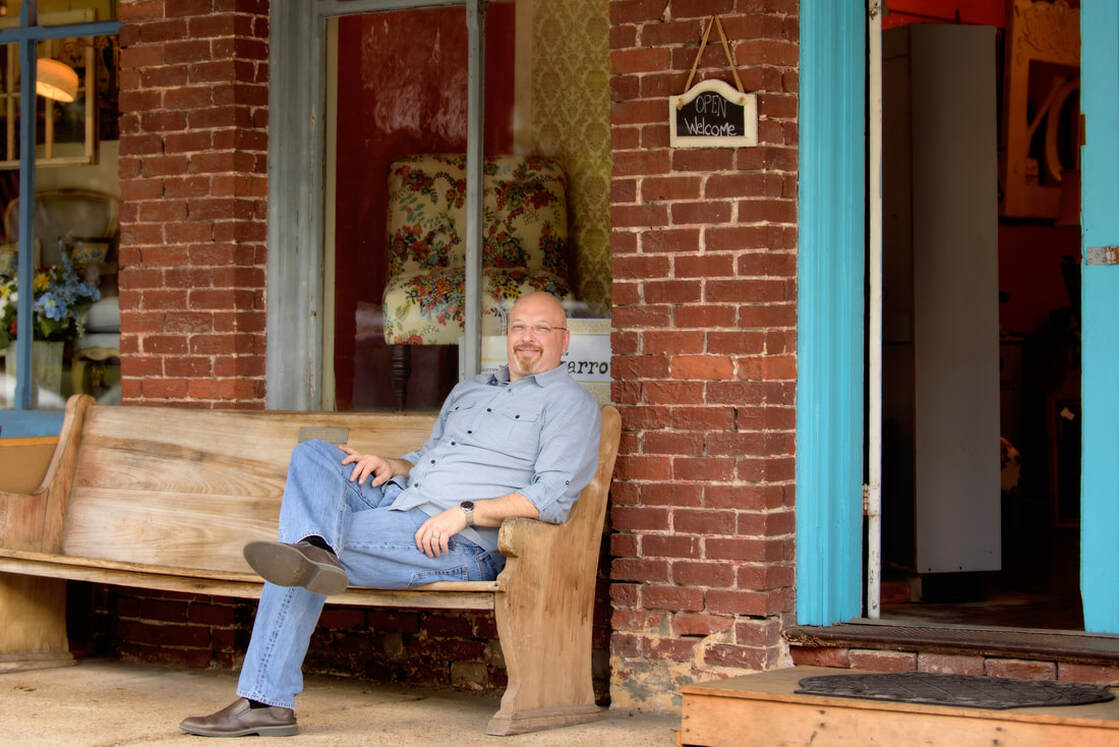|
We all dream of being able to write a book, blog or how about a play? Life is always getting in the way.
“I have too much work to do, the kids need to be driven to practice, I’m too tired, or I just don’t know what to write about.” What transpires next is a recount of the process of writing my first novel. It’s meant as a helpful tool. There are specific guidelines to use as a new author or even a seasoned one. I’ll cover just some of the basic lessons I’ve learned. First, a bit of background on me you may want to know. I was a podiatrist, I am an energy healer, and I have been and always will be an author. You may be asking why this is important. Well, while I was doing all the things in my life to function, I constantly heard the call to write. Like almost everyone else, I had a billion things that needed to be checked off before I could write. So I thought. My wife, Laura, reminds people (and me) that the universe always gives you what you ask for. It may not look the way you asked for it, but you will get it. If you don’t see it at first, the universe will tap you on the shoulder to show it to you again. If you still don’t see it, then the universe may hit you with a bat to make you see it. I received the bat. The details are not the point here. If you feel the urge to write then make the time. It’s important. First Lesson: How to make the time. I suggest setting a writing schedule. Most of us have a smartphone with a calendar where we can mark out certain days and times to write. If you are serious about becoming a writer, then treat it like the career you love. Make time for it. Make the appointment to write. Second Lesion: Write about what you know. Stay in your wheelhouse. A doctor might write a novel about a medical situation. A policeman might write a story about a criminal on the loose. You get the idea. It is much more difficult to write outside of your knowledge. It can be done, but it will take a great deal more time and work to learn what you’re writing about. If you’re a first-time novelist, I not suggesting this path. Third Lesson: Create a loose skeleton of the characters, the plot and the ending. I use the words “loose skeleton” so you can allow yourself to change the story at it grows. BE FLEXIBLE. You may want to write small chapter outlines to help. One of the most important aspects for me was separately creating a backstory on every character. The more detailed the backstory, the more depth your characters will have. This will make them more lifelike and more believable. A great way to do this is to carry a pocket-sized notebook or use your smartphone to take notes on interesting people you meet during the day. You can combine attributes from different people to create a multi-dimensional character. The development of characters and plots is explained well in Christopher Vogler's "The Writer's Journey." (third edition). The link is to a pdf. I suggest purchasing the book. Fourth Lesson: Do the research Just because you’re staying in your wheelhouse doesn’t mean you know everything about what you’re writing about. You want your characters to be plausible and your situations to be realistic unless you’re intentionally writing a novel that way. Writing does entail research. Readers generally like to learn something new. If your story is to be believable, it has to be based on some fact. You can be creative and extend the truth or bend it, but you have to know what you are extending or bending. Take the time to find out. Fifth Lesson: Keep your own style Writing is an extension of who you are. It’s not mimicking famous authors or being something other than you. Keeping true to your style will keep you writing and make the words flow much more natural. What does all this mean? It means that writing is a unique process that each person develops to match their thinking and even speaking. Those readers who enjoy what you write will follow you because they like your work and your style of writing. Changing your style from one body of work to another can be as detrimental as changing in mid-novel. Writing, not from a grammatical standpoint, but from a stylistic point is personal and helps you in getting the reader into the world your depicting. I hope sharing these lessons that I have learned, and am still refining in my writing career, are helpful to you. Writing is a process. Be enthusiastic and confident but don’t be arrogant. It will show in your writing. I would love to hear your questions and comments.
1 Comment
|
Author's Quote:"Writing is the flow of life through words on a page. We all have this talent to share." Luca DiMatteo For the latest blog, please sign up for my monthly newsletter.
Archives
August 2022
|

 RSS Feed
RSS Feed